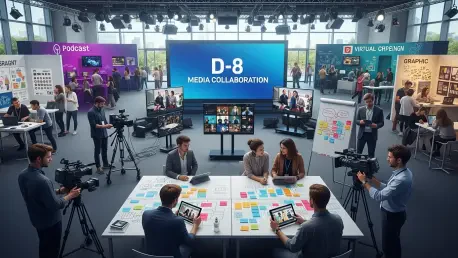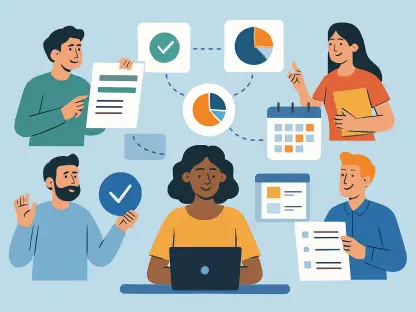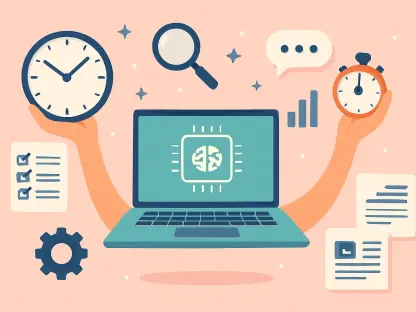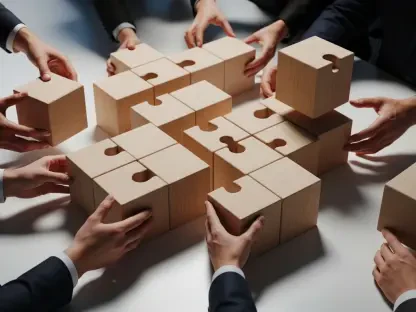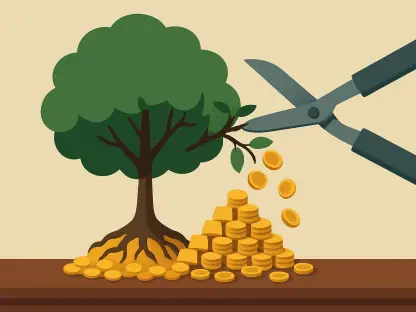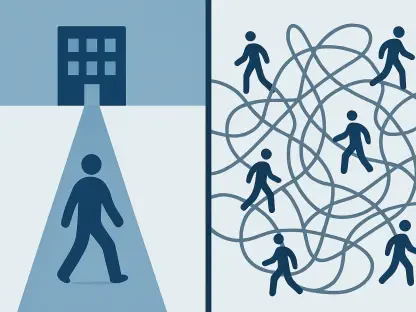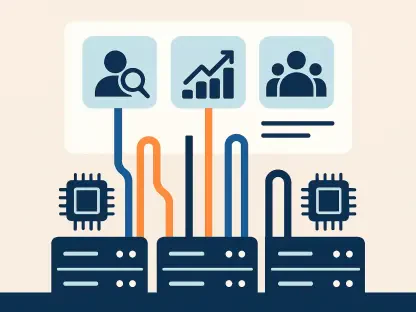In an era where digital platforms can shape public opinion overnight and misinformation spreads faster than ever, the call for robust media systems has never been more urgent, especially among developing nations striving for unity and progress. The Developing-8 (D-8) countries, a bloc representing a combined GDP surpassing $8 trillion, stand at a critical juncture to harness the power of information for sustainable growth. At a recent forum in Baku, Azerbaijan, Nigeria took center stage, advocating for deeper media collaboration to combat digital disruption and foster regional cohesion. Represented by the Minister of Information and National Orientation, Alhaji Mohammed Idris, through the Executive Secretary of the Nigerian Press Council, Nze Dili Ezughah, the message was clear: a united media framework is essential for transparency, trust, and development across member states. This initiative reflects a broader recognition of shared challenges in navigating the complexities of modern communication landscapes.
Building a Unified Media Framework
Addressing Digital Disruption and Misinformation
The rapid evolution of digital communication has brought both unprecedented opportunities and significant challenges for D-8 nations, where information disorder threatens public trust and stability. During the forum, Nigeria’s representative emphasized that misinformation, fake news, and digital impersonation are not isolated issues but shared hurdles that require collective action. With intra-group trade constituting 10% of global trade, the bloc has a unique opportunity to shape narratives that promote transparency and counter false information. The urgency lies in creating systems that prioritize ethical content dissemination while equipping citizens with the tools to discern credible sources. By aligning media strategies, member states can mitigate the risks posed by unchecked digital platforms and ensure that information serves as a catalyst for unity rather than division. Nigeria’s call for collaboration underscores the need for a proactive approach to safeguard the integrity of communication channels across diverse populations.
Beyond identifying the problem, the focus shifted to actionable solutions that could transform the media landscape within the D-8 community. Nigeria proposed the development of shared ethical frameworks for digital media, aiming to standardize responsible content creation and curb harmful narratives. Additionally, joint media literacy programs targeting youth, journalists, and policymakers were highlighted as critical steps to build resilience against misinformation. The emphasis on cross-border media exchanges and fellowships further illustrates a commitment to fostering mutual learning and trust among nations. These initiatives aim to create a ripple effect, where informed societies contribute to stronger economies and more cohesive regional ties. By prioritizing education and ethical standards, the bloc can address the root causes of digital disruption while paving the way for sustainable progress in public communication.
Leveraging Technology for Trust and Transparency
Technology offers a powerful avenue for D-8 countries to enhance trust in media ecosystems, and Nigeria’s advancements provide a compelling blueprint for others to follow. The country has registered over 100 million digital identities, a milestone that links media interactions to verified systems and reduces the spread of false information. This infrastructure not only bolsters trust in digital transactions but also serves as a foundation for secure communication environments. At the forum, the invitation was extended to other nations to collaborate on similar initiatives, sharing expertise in data governance and digital safety. Such efforts demonstrate how technology can be harnessed to create accountability in media spaces, ensuring that information flows are reliable and transparent. This approach aligns with the broader goal of building informed societies capable of navigating the digital age with confidence.
Expanding on this technological focus, the role of artificial intelligence in media verification was another key discussion point. Collaborative research on AI-driven tools for fact-checking and digital safety protocols was proposed as a way to stay ahead of evolving challenges. Nigeria’s experience with digital identity systems highlights the potential for scalable solutions that other D-8 nations could adapt to their unique contexts. Furthermore, partnerships in developing these technologies can foster innovation while addressing regional disparities in access to digital resources. The integration of such tools into media practices can significantly enhance the credibility of information disseminated across borders. By investing in these advancements, the bloc can position itself as a leader in responsible digital communication, setting a global standard for transparency and trust in an increasingly interconnected world.
Showcasing Regional Leadership and Innovation
Highlighting Homegrown Solutions for Media Progress
Nigeria’s proactive stance within the D-8 community extends beyond rhetoric, as the nation has implemented tangible initiatives that serve as models for regional media progress. A standout example is the UNESCO-backed International Media and Information Literacy Institute, the first of its kind in Africa, designed to be a global hub for training and research. This institute focuses on equipping journalists and citizens with skills to combat misinformation through curriculum development and capacity-building programs. During the forum, an open invitation was extended to member states to join in these efforts, fostering a collaborative environment for shared learning. Such initiatives reflect a commitment to addressing information challenges with homegrown solutions, tailored to the developmental realities of the region. The potential for this institute to drive change underscores the importance of investing in education as a cornerstone of media reform.
Complementing this educational focus, Nigeria’s creative industries offer another dimension of media influence that D-8 nations can emulate. The growth of film, music, and digital storytelling has not only enhanced the country’s global image but also created millions of jobs for young people. Supported by policy reforms and innovation hubs, these sectors showcase the power of cultural diplomacy in driving economic and social progress. The forum highlighted how such achievements can inspire collaborative projects in digital content creation, strengthening cultural ties across the bloc. By leveraging creative industries, member states can amplify positive narratives and counter negative stereotypes often perpetuated by misinformation. This dual approach of education and cultural innovation positions the region to tackle media challenges holistically, blending practical skills with impactful storytelling.
Fostering Economic and Social Cohesion through Media
Media collaboration within the D-8 bloc holds immense potential to drive economic reforms and social stability, as illustrated by Nigeria’s recent policy advancements. The country’s economic measures, such as subsidy rationalization and foreign-exchange corrections, have created a more conducive environment for accurate reporting and public confidence in government communication. These reforms demonstrate how a stable economic backdrop can enhance the effectiveness of media systems in conveying reliable information. At the forum, the linkage between economic policies and media trust was emphasized as a critical factor for sustainable development. By aligning communication strategies with economic goals, D-8 nations can ensure that media serves as a bridge between governments and citizens, fostering accountability and informed decision-making across diverse societies.
Taking this vision forward, the proposal for deeper cooperation in creative and digital content industries emerged as a pathway to economic and cultural integration. Joint ventures in these sectors can create opportunities for youth employment while promoting shared values and mutual understanding among member states. The forum discussions also underscored the importance of newsroom partnerships and collaborative storytelling to build trust and amplify regional voices on the global stage. Such efforts can transform media into a tool for social cohesion, breaking down barriers and highlighting common aspirations. Reflecting on the insights shared during the event, it became evident that media cooperation has been positioned as a vital component of broader developmental objectives. The collective resolve to strengthen information systems marked a significant step toward navigating the challenges of the digital era with unity and purpose.
